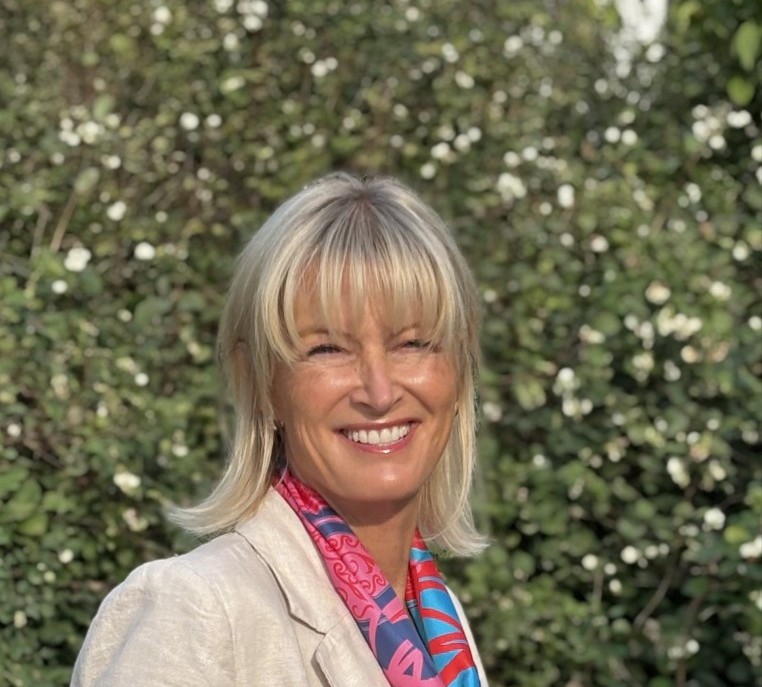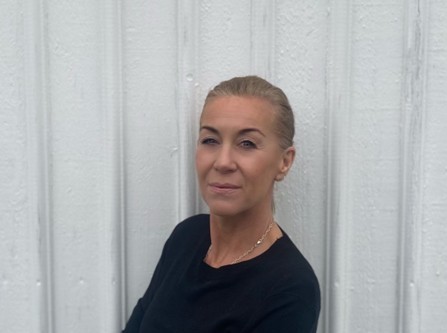This week's inspiration: Mathias Freiholtz
Mathias, why did BIC choose Sweden for the global launch of its bamboo-handled razors? Sweden is at the forefront of sustainability.


Mathias, why is BIC choosing to launch its world launch of razors with bamboo handles in Sweden?
Sweden is far ahead in sustainability. Consumers here care about sustainability when they choose a product. At the same time, they are critical, so Sweden is also a good stress test. BIC has a strong position in the country, which also facilitates measuring the results.
How will BIC develop its other product range from a sustainability perspective in the future?
We have been on a sustainability journey for 15 years. We are reviewing the entire production and energy use. We minimize waste and plan our transports. By 2030, 50% of the plastic in the products must be recycled. By 2025, 100% of the packaging must consist of recycled material that is recyclable or compostable. We also have a goal to look at alternative materials, which BIC Bamboo is a first result of.
Sustainability also has an economic and social dimension. We have a program which has the goal by 2025 to promote sustainable innovation in BIC's products; counteract climate change by aiming for 80% renewable electricity use, zero vision for accidents at work and to involve suppliers for best/sustainable purchasing. We also work actively to improve people's lives through education, in particular by improving educational conditions for children globally. Our local effort in this is that we cooperate and support Räddningsmissionen in Gothenburg in their fantastic work with starting schools in vulnerable areas.
What are your lessons learned and what advice would you like to give others to succeed with their sustainability work?
It is important to set clear goals and also sub-goals to see that you are on the right track in the sustainability work. You have to dare to try and fail. Sometimes the timing is not right, then you must not give up but modify and try again at a later time. You have to look at the whole chain, raw materials, transport, production, sales and not just focus on the product. Then, in addition to material choices, other aspects also come in, such as good working conditions, production, energy consumption, transport and packaging. It is also important to involve all employees so that you go in the same direction.
It is not enough to have one or two experts in the organization. Everyone must know our goals for sustainability and how they contribute best to us reaching them. You also have to think about what responsibility we have towards consumers, they are quite limited in their opportunities to see this whole picture. They must be able to trust that we not only have products that are sustainable, but that they have been produced under sustainable conditions.
Contact
What challenges are you facing today? - We would love to hear from you!





